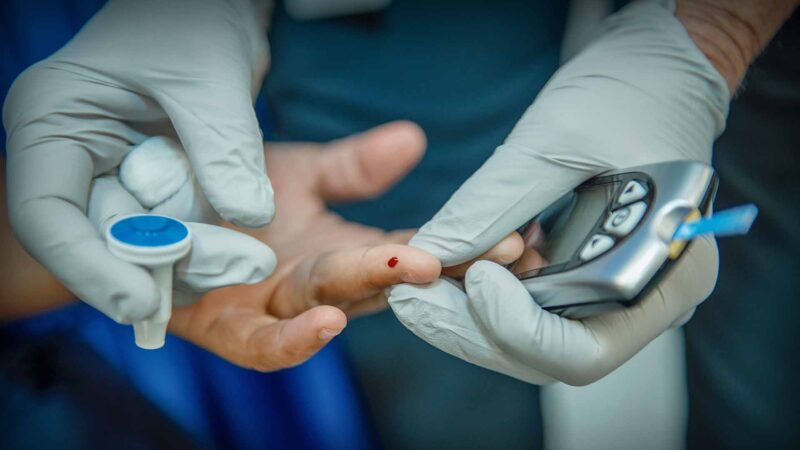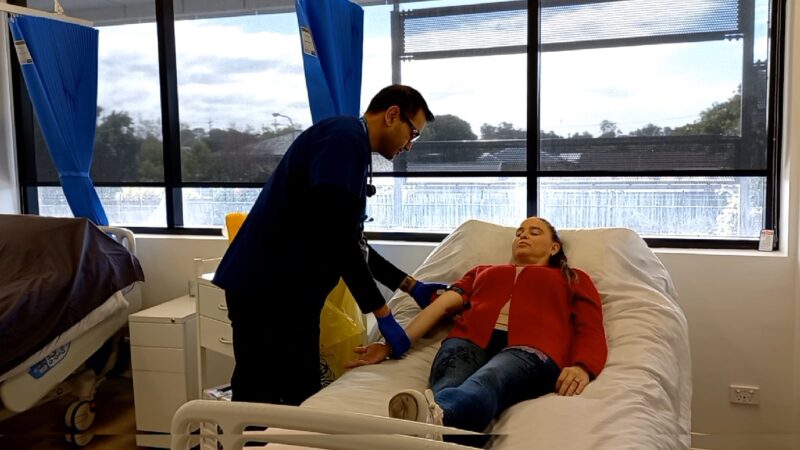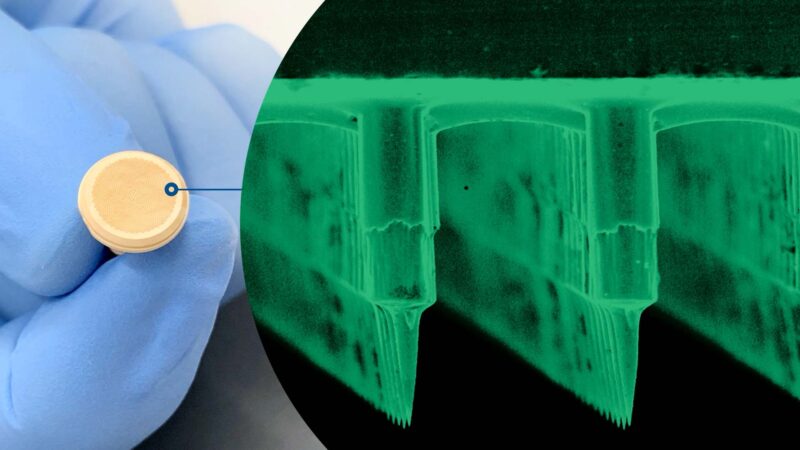Professor Christoph Hagemeyer
MONASH UNIVERSITY, VICTORIA, AUSTRALIA
Hear Christoph talk about his education in Germany and career background, medical research focus, passion for his work, and his interests outside of work.
You Might also like
-
Oral administration of insulin for Type 1 Diabetes
Huiwen Pang is a 3rd year PhD candidate in the Australian Institute for Bioengineering and Nanotechnology, University of Queensland, focusing on biomedical health research. Prior to commencing his PhD, Huiwen studied animal genetics in his Masters degree at Huazhong Agriculture University in China.
People with diabetes, especially Type 1 diabetes, largely rely on the insulin injections or insulin pumps to control their high blood glucose levels, which is painful and has a high risk of infections.
Huiwen Pang is conducting research on nano-based drug formulations for Type 1 diabetes treatment, with a focus on using nanomaterials to load insulin for oral administration and employing anti-apoptotic and anti-inflammatory approaches to mitigate damage to beta cells.
-
Dr Nischal Sahai
RESEARCH IN BRAIN COMPUTER INTERFACE
@ SYNCHRON
MELBOURNE, VICTORIA, AUSTRALIA -
Dr Kelly-Anne Masterman
RESEARCH IN BRAIN COMPUTER INTERFACE
@ SYNCHRON
MELBOURNE, VICTORIA, AUSTRALIA



